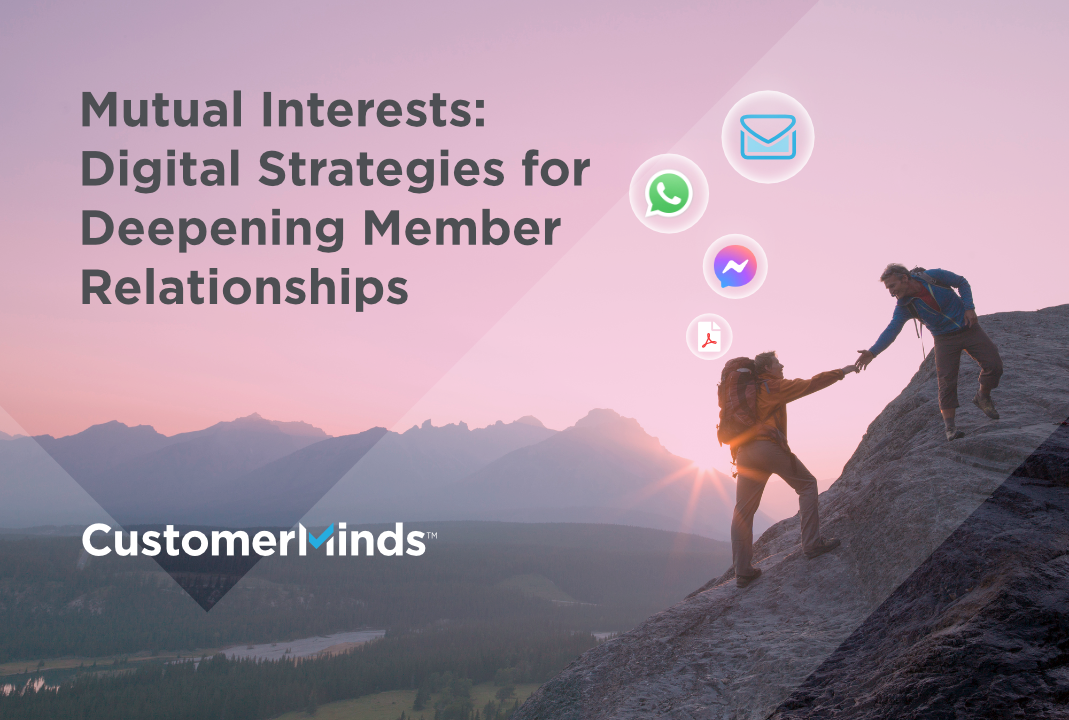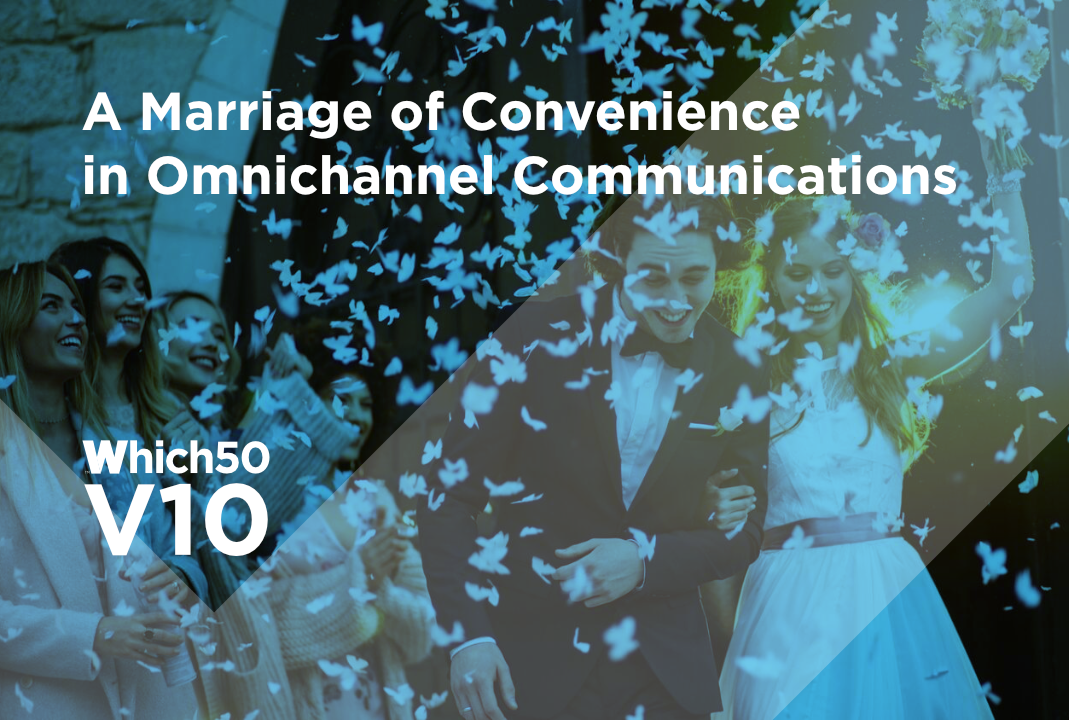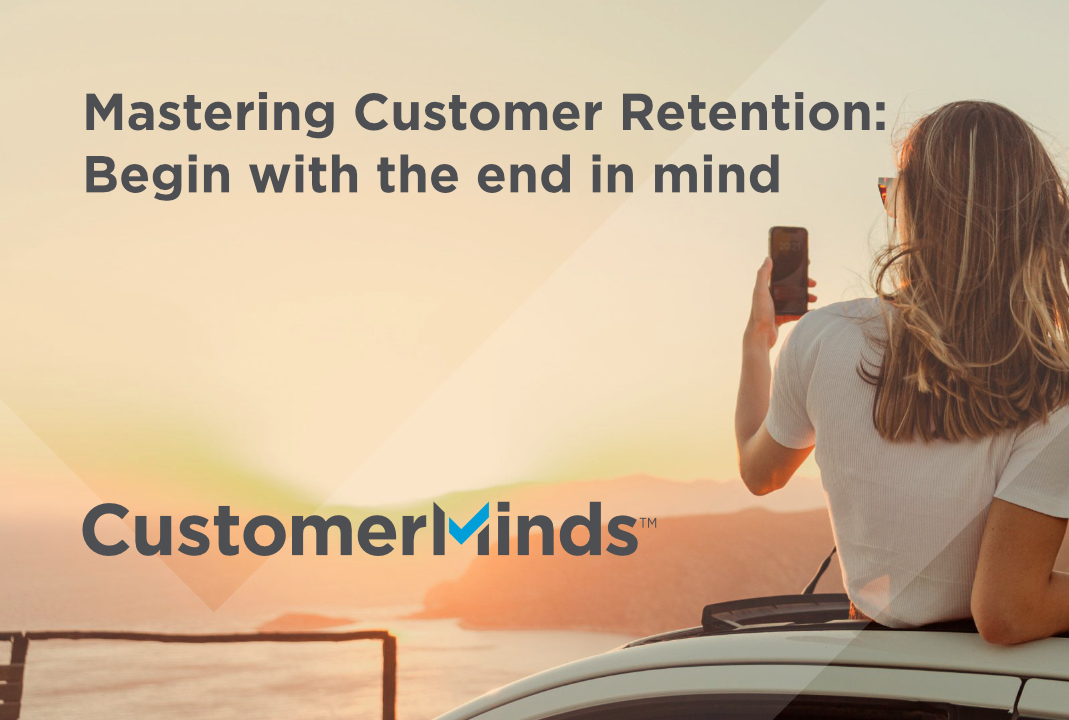Data Security and Privacy in Customer Engagement
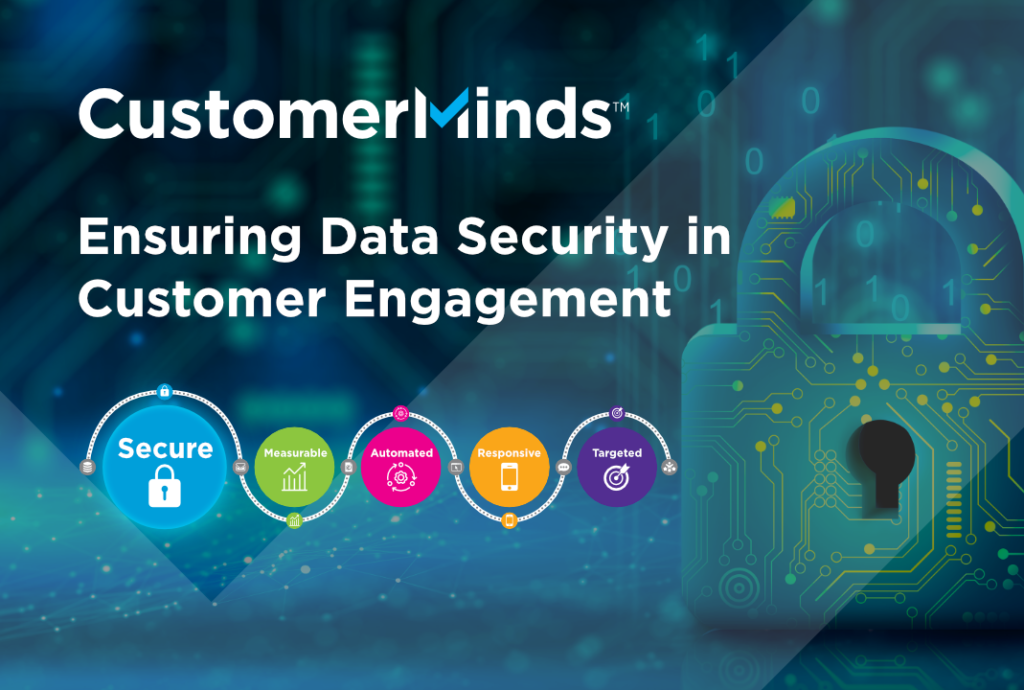
In our previous blog post, we introduced the concept of SMART Customer Journeys and the five key pillars that empower enterprise customers to quickly and easily deliver Secure, Measurable, Automated, Responsive and Targeted digital journeys. As we continue our series, we will explore each pillar in-depth, addressing key topics relating to customer communication and engagement along the way.

This month, we begin with Security, arguably the most critical of the ‘five pillars’ for enterprise customers. In this article, we will delve into the essential themes of data security and privacy within customer engagement, offering valuable insights and best practices to safeguard sensitive customer data in the digital realm.
Introduction: Secure Customer Journeys
In today’s digital landscape, where customer engagement is of paramount importance, ensuring that robust data security and privacy measures are in place is a crucial priority for enterprise service businesses. It is sometimes difficult however to separate the two key themes of Data Security and Data Privacy and that is why we combine them both within the ‘Secure’ pillar of our SMART approach.
Let’s begin by establishing the basic definitions of these key concepts and exploring why we believe they are pivotal for successful customer engagement today.
Data Security: Safeguarding the Foundations of Customer Engagement
Data security refers to the measures and practices implemented to protect data from unauthorised access, use, disclosure, alteration, or destruction and it forms the foundation of any customer engagement platform.
- It involves safeguarding data against external threats, such as cyberattacks, hacking, or unauthorised access by individuals or entities.
- Data security measures can include encryption, firewalls, access controls, secure storage, regular security audits, and employee training on security awareness.
- The goal of data security is to prevent breaches or unauthorised access to data and maintain the confidentiality, integrity, and availability of data.
At CustomerMinds, we prioritise data security by implementing industry-leading security technologies and best practices. Our digital customer eexperience (CX) platform, Which50, is built with the highest level of security in mind. To ensure the confidentiality, integrity, and availability of our customers’ data, we are proud to be ISO 27001 certified. This internationally recognised standard for information security management assures our customers that we have implemented comprehensive controls and measures to protect their sensitive data.

Click for information on CustomerMinds ISO 27001 Certification
Data Privacy: A Basic Human Right
Data privacy, on the other hand, relates to the proper handling, use, and protection of personal data in accordance with applicable laws, regulations, and individual preferences and according to a 2020 study published by KPMG, 87% of consumers say data privacy is a basic human right.
- It focuses on protecting the privacy rights of individuals by ensuring that their personal information is collected, processed, stored, and shared in a lawful and ethical manner.
- Data privacy involves obtaining consent for data collection, providing individuals with control over their data, limiting the purpose and duration of data usage, and maintaining transparency about data practices.
- Data privacy regulations, such as the General Data Protection Regulation (GDPR), set guidelines and requirements for organisations to protect personal data and respect individual privacy rights.
Respecting customer trust and upholding data privacy are integral aspects of our SMART approach and in a previous article we discussed some of the key steps that organisations can take to protect and serve their customers. We adhere to GDPR regulations and other relevant data protection laws to safeguard the personal information of our customers. By implementing privacy-by-design principles, we ensure that customer data is handled responsibly, with appropriate consent and transparency. Our platform enables customers to have control over their data, including the ability to access, rectify, and delete their information.
5 ‘Data Security’ Considerations for Customer Engagement
In the previous article mentioned above we wrote about 5 Key Data Privacy points so in this blog post we will focus instead on 5 Data Security considerations for organisations when they are looking at their systems and technologies for customer communication and engagement.
1 – Leverage a Centralised Data Management Platform
- Implement a centralised data management system to have better control over data and reduce the risk of unauthorised access.
- Centralisation allows for consistent security policies and procedures to be applied across the organization.
- It enables easier monitoring, auditing, and enforcement of data security measures.
- Centralised data management facilitates efficient data backup and recovery processes.
- Consider using a robust data management platform or database system to securely store and manage sensitive data.
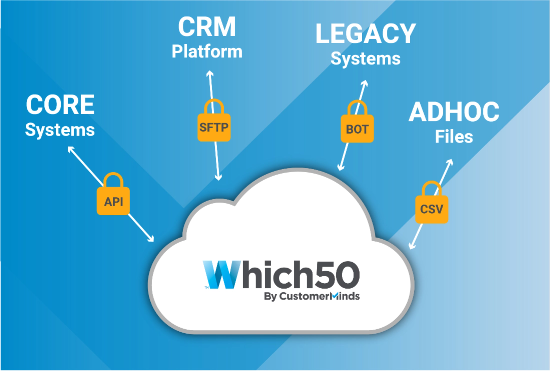
2 – Protect Data using Appropriate Encryption
- Encrypt sensitive data both at rest and in transit to protect it from unauthorised access or interception.
- Use strong encryption algorithms and secure encryption keys to ensure the confidentiality and integrity of data.
- Implement end-to-end encryption for data communication channels and secure protocols – such as HTTPS for web-based applications and TLS for Email.
- Regularly update encryption protocols and algorithms to stay ahead of emerging security threats.
3 – Use Strong Passwords and MFA
- Enforce the use of strong passwords with a combination of uppercase and lowercase letters, numbers, and special characters.
- Implement a password policy that requires regular password changes and restricts the reuse of previous passwords.
- Implement multi-factor authentication (MFA) for accessing sensitive systems and data – this applies to customers accessing secure document and web pages as well as employees logging into cloud platforms such as Which50.
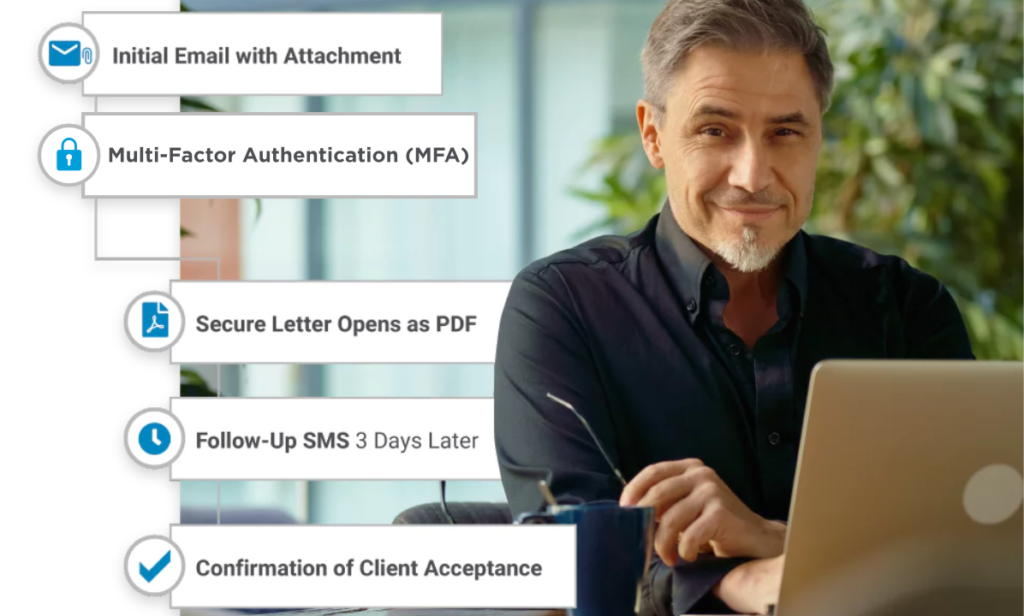
4 – Limit Access on a Need-to-Know Basis:
- Follow the Principle of Least Privilege (PoLP) by only granting users access to the data and resources they require to perform their daily tasks. For example, someone designing a customer journey should be able to personalise the digital content they are working on without needing any access to actual customer data.
- Regularly review and update user access privileges to ensure they align with current job roles and responsibilities.
- Implement strong user authentication mechanisms to prevent unauthorised access attempts.
- Monitor and log user activities to detect any unauthorised access or suspicious behaviour.
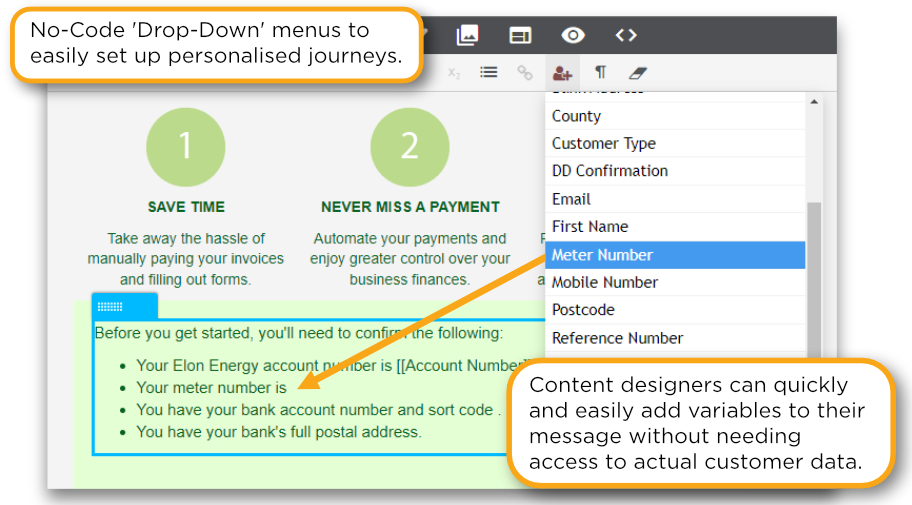
5 – Data Retention
- Establish clear data retention policies that define how long different types of data should be retained.
- Ensure compliance with applicable legal and regulatory requirements regarding data retention.
- Regularly review and delete or archive outdated or unnecessary data to reduce the risk of data breaches or unauthorised access – Note that automated rules can be set up in platforms such as Which50 to automatically manage these data retention processes.
By implementing these top data security tips, enterprises can strengthen their data protection measures, mitigate risks, and safeguard sensitive information from unauthorised access or breaches.
Conclusion: Security – a critical component for a SMART Approach to Customer Engagement
Data security and privacy are critical components of our SMART approach to customer engagement. By prioritising data security and respecting data privacy, businesses can create a secure and trustworthy environment for their customers. At CustomerMinds, we remain committed to providing a digital customer engagement platform that not only delivers exceptional experiences but also upholds the highest standards of data security and privacy.
If you’re keen to learn more about data security and customer engagement or learn more about our customer experience management (CXM) software, we encourage you to check out our case studies or sign up to receive our monthly newsletter by completing the form below. Stay up-to-date with the latest industry insights and customer engagement trends.
To read each post in our SMART Customer Journeys series, visit the links below:
Get SMART about your Customer Journeys
S – 5 ‘Data SECURITY’ Considerations for Customer Engagement
M – 5 Steps to MEASURABLE Success in Customer Engagement
A – Is For AUTOMATION – the Beating Heart of SMART Customer Journeys
R – 5 Key Considerations for Delivering a Mobile RESPONSIVE Experience to Customers
T – Targeting the Segment of One: Transforming Customer Experience with Hyper Personalisation
 LOG IN
LOG IN